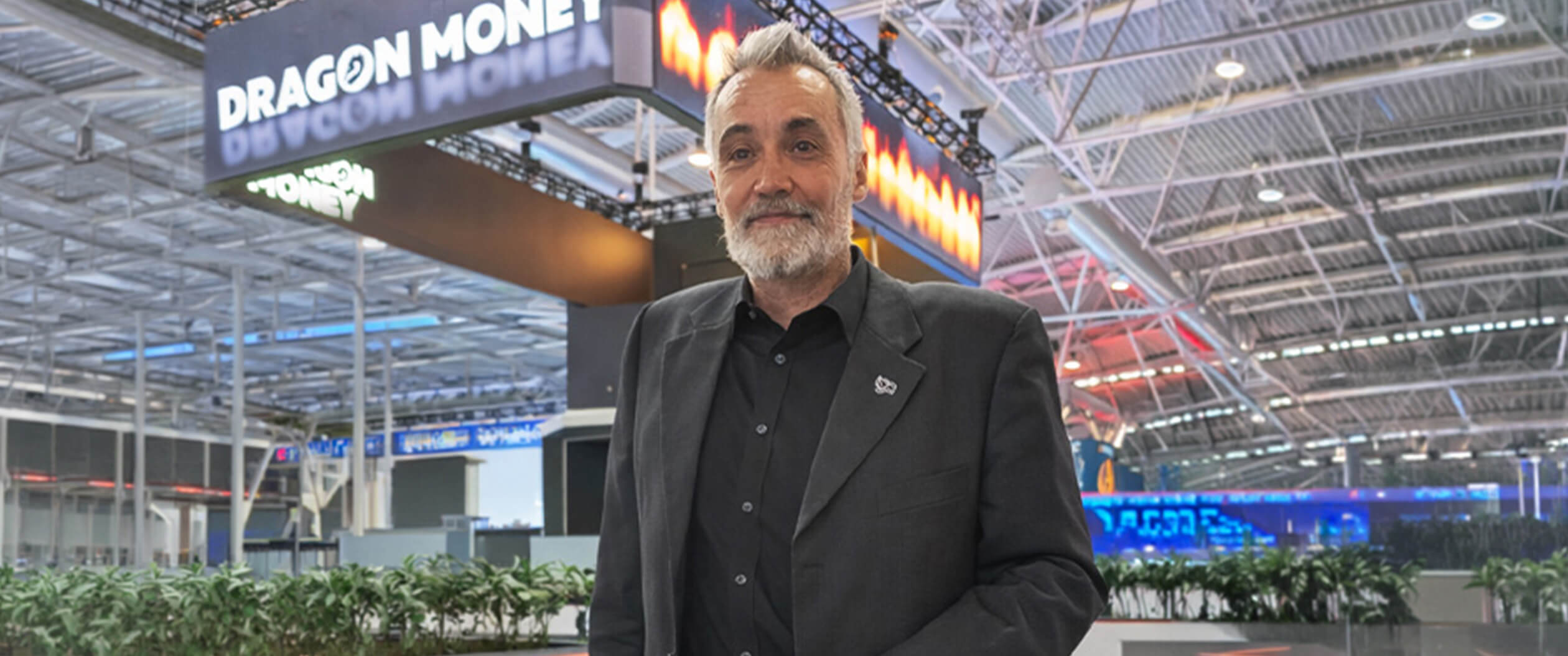A RECENT SURVEY IN SWEDEN HAS REVEALED A STRIKING LACK OF AWARENESS AMONG PLAYERS ABOUT WHICH PLATFORMS ARE LEGAL AND WHICH ARE NOT.
The Spelinspektionen poll found that up to 72% of Swedish gamblers couldn’t differentiate between licensed and unlicensed offerings.
This lack of clarity persists despite a notable increase in the number of gamblers who recognize the importance of a local license when choosing an operator (42%, up from 28% the previous year), suggesting a growing understanding of the concept of regulation without the corresponding ability to identify licensed entities in practice.
The survey also highlighted a split opinion on the benefits of playing with licensed operators, with nearly half unsure if there was any advantage. This uncertainty, particularly prevalent among younger demographics where only 27% prioritize licensing, poses a significant challenge for Spelinspektionen’s efforts to create a safe and regulated gambling environment.
The dangers are manifold.
Unlicensed sites often lack the consumer protection measures mandated by regulators. Players on these platforms face a higher risk of non-payment of winnings, insecure data handling and exposure to operators with lax or non-existent responsible gambling tools.
While the survey indicated that these fears deter some from using illegal sites, the fact that 8% knowingly play on them to avoid taxes suggests that the perceived benefits, whether financial or otherwise, outweigh the perceived risks for a segment of the population.
Gustaf Hoffstedt, secretary general for the Swedish Trade Association for Online Gambling (BOS), pointed out that “not enough players can see the advantages of playing via licensed operators.” His call for the government to “strengthen licensed gambling companies’ ability to provide the most attractive gambling offers” resonates within the broader context of making regulated options more appealing than their unlicensed counterparts.
This could involve measures to ensure competitive odds, attractive bonuses (within responsible limits) and a user experience that rivals offshore sites, while clearly highlighting the protections afforded by a Swedish license.
The struggle to achieve a high channelisation rate – the percentage of gambling activity occurring on licensed sites – is not unique to Sweden. Jurisdictions across Europe have grappled with this, often employing a mix of strategies including robust enforcement against illegal operators, public awareness campaigns emphasizing the risks of unlicensed gambling and measures to enhance the attractiveness of licensed platforms.
Spelinspektionen’s previous consideration of a “seal of approval” for licensed sites, ultimately scrapped due to the risk of imitation, highlights the ongoing search for effective communication strategies. The current reliance on licensed operators displaying the Spelinspektionen’s logo appears insufficient given the survey results.
Sweden’s ambition to reach a 90% channelisation rate is further complicated by loopholes in its gambling law that allow unlicensed operators to target Swedish players in English using euros, circumventing some of the linguistic and currency barriers that might naturally deter some users.
The survey also reveals interesting shifts in gambling behavior. The continued dominance of online gambling from home (91%) and the decline of retail gambling, culminating in the impending closure of Sweden’s land-based casinos, underscore the importance of effectively regulating the digital space. The relatively low usage of the self-exclusion platform Spelpaus.se (6% despite 60% awareness) suggests a need for better promotion and potentially better integration into the gambling experience.
Ultimately, the Spelinspektionen survey paints a picture of a Swedish gambling market where a significant portion of players have no clear understanding or concern of the regulatory boundaries.
Addressing this will require a multi-pronged approach involving clearer communication from both the regulator and licensed operators, potentially increased enforcement against illegal sites and a continuous effort to ensure that licensed platforms offer a compelling and trustworthy alternative.
The future success of Sweden’s gambling regulation hinges on bridging this awareness gap and effectively guiding players towards the safer, regulated environment.th online and offline.







